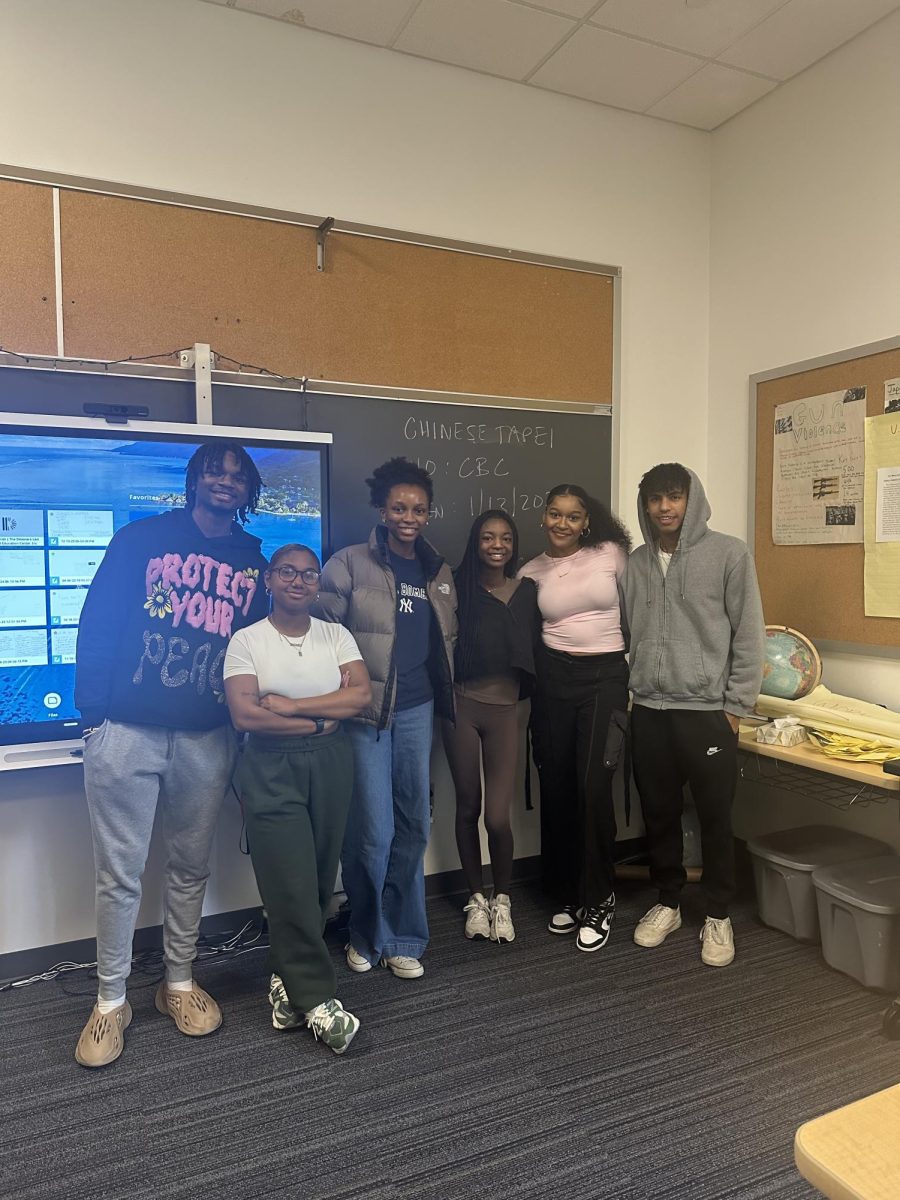On April 8th, 2024, WFS students experienced the solar eclipse in our very own backyard. Students were prepared with special aluminum glasses, provided by sta”, and instructed to never look straight at the sky. !e most common question of the day was “Why can’t we look at the sky? !e sun is covered up!”. While this is a valid question, the fact remains that it is just as damaging to look at the sun during the eclipse as it is to look at the sun during the regular day. “What will happen if you look at the eclipse?”. !e answer is that glancing at the eclipse for a split second is es- sentially harmless, but staring at it without protective glasses will cause damage to the retinas, which will cause serious long-term damage to a person’s eyesight. “How will I know if I hurt my eyes?” !e answer to this is you probably will not, until hours to days a#erward. !e retina does not have pain receptors, therefore if someone were to stare at the eclipse for an extended period, the symptoms would appear gradually and over time. Symptoms can include blurred vision, headache, dark or light spots in the eye- sight, or a blind spot. “What happens if my vision is weird a#er the eclipse?” !e most important thing to do if a person notices a di”erence in vision a#er the eclipse is to visit a primary care doctor or an ophthalmologist. !e vision may improve, but a#er the retina is damaged there is no way to $x it, because the cells within the retina do not regenerate, and so damage will be permanent. “What is the solar eclipse?” !e solar eclipse is an astronomical event that only occurs once every 2-3 years. While this may seem very frequent, the majority of solar eclipse events happen outside the line of sight of most people. !e solar eclipse passing through North America happens once every 20 or so years, which is why it was such a big deal this year. A solar eclipse is when the moon passes perfectly in front of the sun, and temporarily obscures the light. !is causes vari- ous places around the world to be in darkness, for a small period of time. !is year, it traveled across North America and allowed WFS students to experience the eclipse around 3 pm in Delaware.
Categories:
Solar Eclipse Q&A
Angie Cochran ‘24, Staff Writer
August 20, 2024
0
More to Discover






































